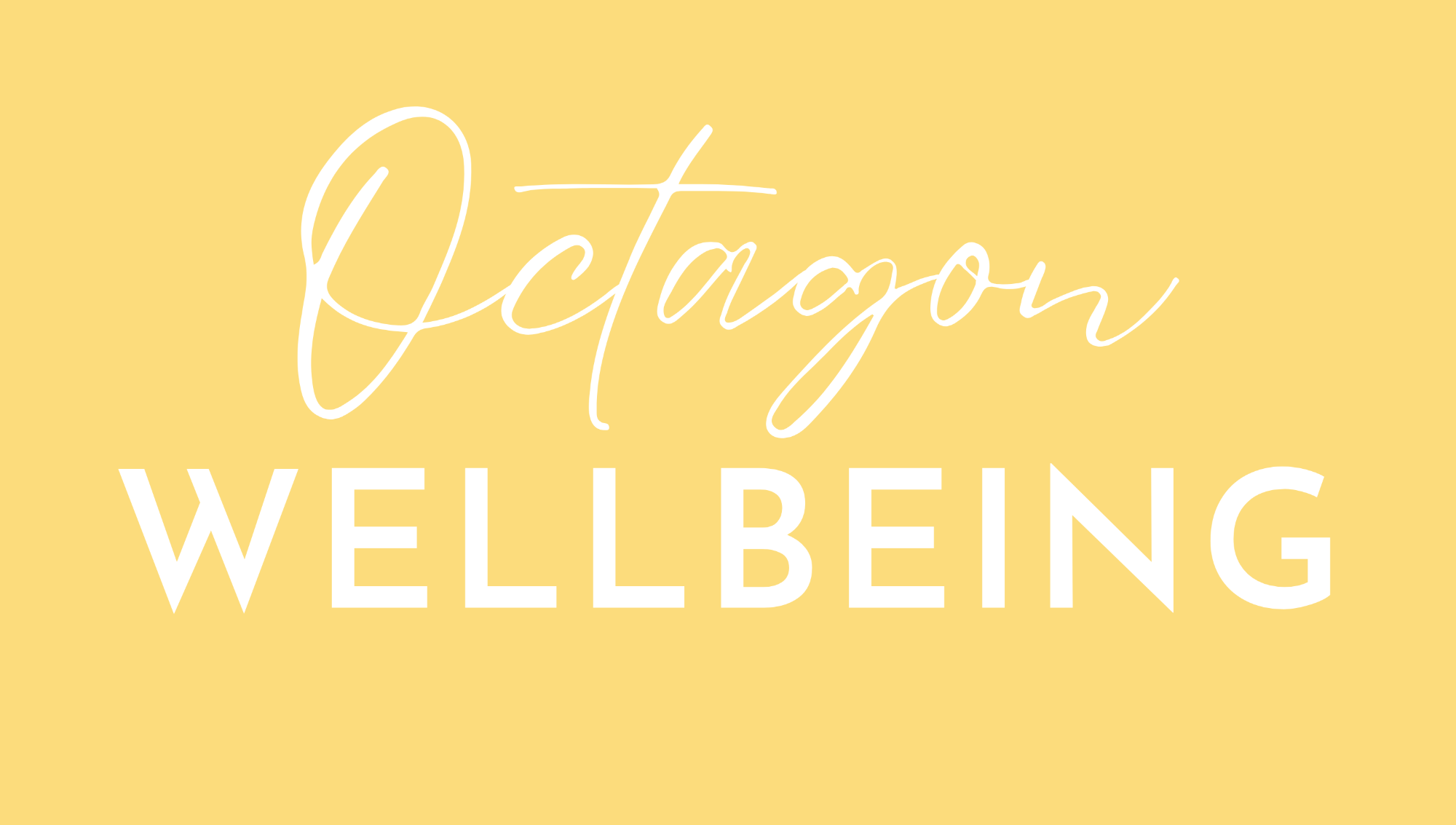Are you frightened of change?
Posted on
As human beings the unknown can be a scary and uncomfortable place, which is why many people strive for certainty in their lives. The desire to cling to control in uncertain situations is a natural response, providinga sense of safety and security. Whether it'sa job interview, a career change, or a change of relationship the fear of uncertainty can often be overwhelming.
Our need for control
Humans have an inherent need for control. We want to be in charge of our lives and surroundings because it gives us a sense of safety. When we have control over our environment, we feel more secure that we can navigate through the world with ease. We may seek control in different forms. Some people might be more controlling when it comes to their daily routine, job or relationships, while others might focus on their physical environment and try to control their surroundings. Whatever the form it takes, control gives us a sense of power and stability. However, the need for control can become problematic when it begins to impact our mental health. Particularly as it is impossible to control everything, as the phrase goes, the only thing certain in life is taxes and death. People who become too focused on control can experience anxiety and stress. That’s why it’s important to understand our need for control and how to balance it with acceptance of uncertainty.
Why we should embrace uncertainty
Uncertainty is simply a fact of life. It's impossible to know everything that will happen in the future, would we really want to know and control every element of our future? Control to such a degree would arguably make life boring and we would miss out on the serendipitous events which often take us down new and exciting paths we perhaps wouldn’t have chosen for ourselves but provide us with some of the richest life experiences. Staying within our comfort zone may mean we never take risks or try new things potentially resulting in missed opportunities for growth, learning, and personal fulfillment.
Additionally, over-control can strain relationships with others. Is there someone you can think of at work who is always trying to micromanage everyone else? Their need to control others can come off as domineering and can cause resentment and even conflict. Sometimes this need for control is rooted in a fear of uncertainty and this manifests in the need to seek control as a coping mechanism. Here, relinquishing control and embracing the unknown would likely foster improved communication, collaboration and innovation.
Furthermore, avoiding uncertainty altogether can be detrimental to mental health and wellbeing. For example, someone wanting to change jobs for professional growth but being too fearful to do so can ultimately lead them to resent their existing job, despite it being their safe and secure option. In an effort tomaintain control and avoid unpredictable situations, people may even become isolated and withdrawn, disliking where they are but being unable to make change, causing depression and anxiety.
Therefore it's important to recognize that uncertainty is not always a negative thing. It can be an opportunity for growth, creativity, and adaptability. Uncertainty allows us to see different perspectives and come up withnew solutions to problems. Embracing uncertainty can help us learn to live in the present moment and appreciate the unknown. By embracing uncertainty and being willing to take calculated risks, we open ourselves up to new experiences and opportunities for growth. And by letting go of excessive control, we can improve our relationships and mental well-being. So while it's natural to want to control our environment, it's important to remember that sometimes the best thing we can do is simply embrace the unknown and see where it takes us. It's a delicate balance, but finding ways to manage uncertainty can be key to maintaining our wellbeing.

